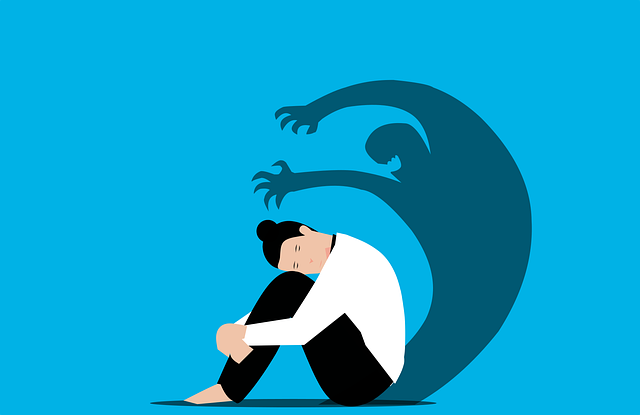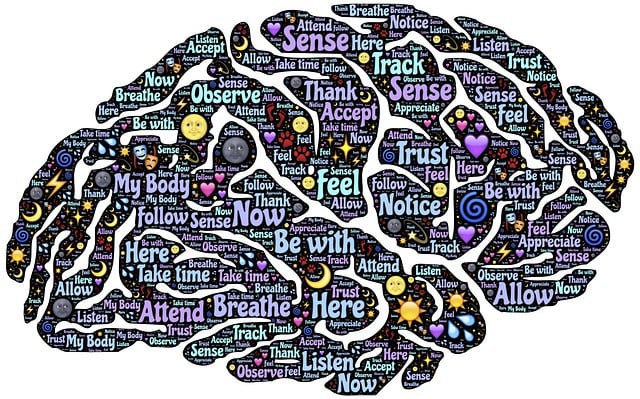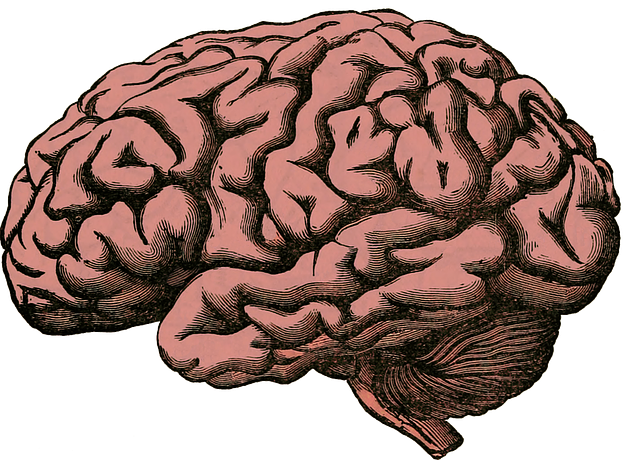Mental wellness is a holistic state that includes emotional, psychological, and social well-being. Golden Cognitive Behavioral Therapy (GCBT) emphasizes managing thoughts, feelings, and behaviors for improved mental health. Wellness Coaching Programs and journaling help individuals take control of their mental health through structured guidance and self-reflection. Journaling exercises, inspired by CBT, encourage reflection on daily experiences, emotions, and cognitive distortions to gain insights into emotional responses. Regular writing sessions, combined with mindfulness meditation, foster introspection, challenge negative thought patterns, and promote a positive mindset, ultimately enhancing mental wellness and stress management.
“Unwind your mind and embark on a journey of self-discovery with mental wellness journaling. In today’s fast-paced world, prioritizing cognitive health is paramount. This article explores the transformative power of Golden Cognitive Behavioral Therapy (CBT) as a powerful journaling tool.
We’ll guide you through setting up your wellness journal, offering effective capturing thought techniques, and providing insights on reflecting and growing from your CBT journal entries. Discover how this practice can enhance mental resilience and foster personal growth.”
- Understanding Mental Wellness and its Importance
- Introduction to Cognitive Behavioral Therapy (CBT) as a Journaling Tool
- Setting Up Your Wellness Journal: A Step-by-Step Guide
- Capturing Your Thoughts: Techniques for Effective Journaling
- Reflecting and Growing: Analyzing Your CBT Journal Entries
Understanding Mental Wellness and its Importance

Mental wellness is a holistic concept encompassing emotional, psychological, and social well-being. It’s not just the absence of mental illness but a state of thriving where individuals feel balanced, capable, and resilient in navigating life’s challenges. Understanding mental wellness is crucial, as it forms the foundation for overall health and happiness. According to Golden Cognitive Behavioral Therapy (GCBT), a therapeutic approach that has gained prominence, recognizing and managing our thoughts, feelings, and behaviors are key to maintaining optimal mental wellness.
The significance of mental wellness cannot be overstated, especially in today’s fast-paced world. Various factors contribute to its development, including social connections, lifestyle choices, and access to support systems. In light of this, Mental Wellness Coaching Programs play a pivotal role in empowering individuals to take charge of their mental health. Through structured guidance and the cultivation of coping skills, these programs enable people to enhance their well-being and lead more fulfilling lives. Moreover, actively engaging in self-reflection through journaling can complement such development, offering valuable insights and promoting continuous growth.
Introduction to Cognitive Behavioral Therapy (CBT) as a Journaling Tool

Cognitive Behavioral Therapy (CBT) is a powerful tool that has gained immense popularity as an effective approach to mental wellness journaling exercises. This golden therapy focuses on the connection between our thoughts, feelings, and behaviors, providing a structured framework for understanding and managing emotional healing processes. By identifying and challenging negative thought patterns, CBT empowers individuals to take control of their mental health and prevent depression in its tracks.
In the context of mental wellness journaling, CBT encourages individuals to reflect on their daily experiences, track their emotions, and analyze the underlying cognitive distortions that may be contributing to feelings of distress. This process allows for a deeper understanding of one’s emotional responses, fostering a more balanced perspective. Through consistent practice, journaling becomes a safe space to explore and challenge negative thoughts, ultimately leading to enhanced coping mechanisms and improved overall mental wellness.
Setting Up Your Wellness Journal: A Step-by-Step Guide

Setting up your wellness journal is a powerful first step in prioritizing mental health and cultivating a healthier mind. Start by selecting a notebook or creating an online document that feels right for you. Decide on a structure; it could be as simple as dedicated pages for tracking moods, gratitude, or more complex with sections for goals, reflections, and even creative expression. Consistency is key; aim to write regularly, whether daily or several times a week.
Incorporating practices like Mindfulness Meditation can enhance your journaling experience. Take moments before writing to center yourself, focusing on your breath. This sets the tone for introspective reflection. Remember, Golden Cognitive Behavioral Therapy (CBT) techniques can be woven into your journal entries; identify negative thought patterns and challenge them, celebrating small victories and learning from setbacks. Through this process, you’re not just recording thoughts but also building a valuable tool for Mental Health Awareness and even Risk Management Planning as a mental health professional.
Capturing Your Thoughts: Techniques for Effective Journaling

Capturing Your Thoughts is a fundamental aspect of effective journaling and can significantly enhance your mental wellness journey. The practice involves turning inward to acknowledge and record your emotions, experiences, and thoughts. One powerful technique inspired by Cognitive Behavioral Therapy (CBT) encourages individuals to challenge negative thought patterns by identifying and reframing them. For instance, if you find yourself stuck in a loop of self-criticism, write down the critical voice in your head and then objectively analyze its validity—is it realistic or helpful? This process empowers you to develop a more positive and balanced perspective.
Journaling also provides an excellent outlet for creative expression. Free-writing allows your thoughts to flow without judgment, fostering clarity and self-awareness. Incorporate mindfulness practices by setting aside dedicated time each day, focusing on your breath, and observing your thoughts as they come. This mindful approach can help you better understand your emotional responses and triggers, making it easier to manage stress. Remember, the goal is not perfection but rather consistent practice, which, over time, contributes to improved mental wellness coaching programs and even stress management workshops within organizations.
Reflecting and Growing: Analyzing Your CBT Journal Entries

Reflecting on your CBT journal entries is a powerful tool for personal growth and understanding. By analyzing your thoughts, feelings, and behaviors, you can identify patterns that contribute to negative thought cycles. This process allows you to challenge those patterns and replace them with healthier, more adaptive coping strategies. For instance, if you consistently notice a trend of negative self-talk after setbacks, CBT techniques can help you reframe these situations, fostering resilience and a more positive outlook.
This introspection is crucial for burnout prevention, as it enables individuals to manage stress effectively and maintain mental wellness. Moreover, incorporating cultural sensitivity in mental healthcare practice, as encouraged by Healthcare Provider Cultural Competency Training, becomes more accessible when you understand your unique experiences and how they influence your emotional responses. Regularly reviewing your journal entries can be a transformative exercise, empowering you to navigate life’s challenges with increased awareness and a sense of agency.
Mental wellness journaling, using techniques like Golden Cognitive Behavioral Therapy, is a powerful tool for self-reflection and growth. By setting up your journal, capturing thoughts, and reflecting on entries, you can gain insights into your mental health, challenge negative thought patterns, and foster positive change. This step-by-step guide equips individuals with the skills to navigate their emotional landscape, ultimately enhancing overall well-being. Embrace the transformative power of journaling as a key component in maintaining a healthy mind.











